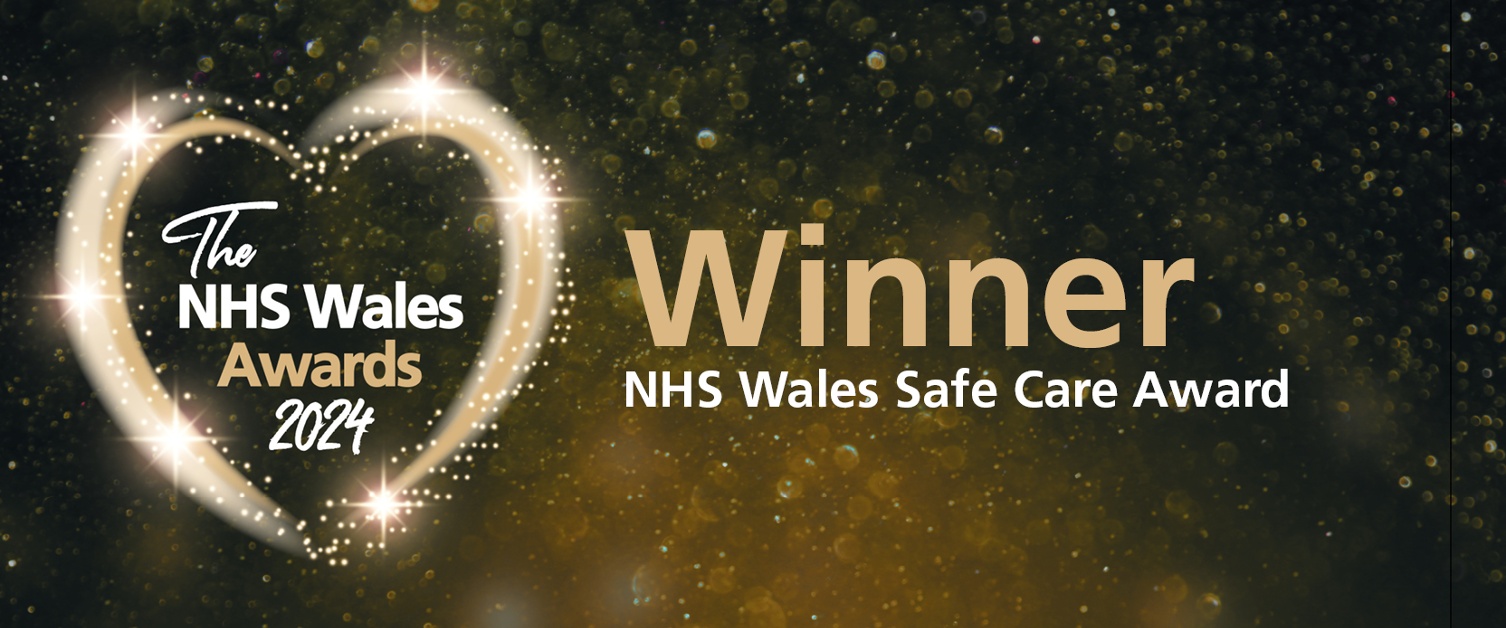WINNER - Maternity and Neonatal Safety Support Programme (MatNeo SSP)

Bethan Jones, Midwife, Welsh Ambulance Services University NHS Trust
Introduction
During the diagnostic phase of the MatNeo SSP, neonatal thermoregulation in the pre-hospital setting was identified as a challenge, with baseline data revealing that from 44 babies over a two-month period, 16% had their temperature recorded with only 4% having a normal temperature on admission.
The issue was complex and multifactorial, prompting the use of improvement tools like the 5 Whys and Fishbone method to better understand staff barriers. A survey revealed that 54.8% of Welsh Ambulance Services University NHS Trust (WAST) Emergency Medical Service (EMS) staff felt equipment was a barrier, and confidence in monitoring neonatal temperatures was low. The project aims to increase neonatal normothermia monitoring to 80% by September 2024.
Methods
A structured approach was outlined in a driver diagram, focusing on five primary drivers: improving staff compliance and confidence in monitoring neonatal thermoregulation, procuring thermoregulation equipment, creating thermoregulation guidance, enhancing pre-arrival advice, and making neonatal temperature a mandatory field on ePCR.
The driver diagram was informed by key stakeholder communications, staff surveys, and literature reviews. Collaboration with the learning and development team led to tailored training programmes, while experts in neonatology helped select and procure safe, reliable equipment. Guidance documents were created with input from experts and staff, supported by patient voices from research.
Outcomes
- Positive feedback from health boards on neonatal admission temperatures.
- Several extremely premature babies have been admitted with normal temperatures, reducing the need for neonatal admissions and preventing mother-baby separation.
- Positively impacting neonatal morbidity and mortality in the prehospital environment.
- No hypothermic neonatal admissions have been reported on Datix in the past three months, suggesting improvement. This will lead to cost savings and reduction in length of admissions.
- Positive staff feedback on new equipment and training, with 1,443 staff completing the learning package, rated 4.9/5
Learnings
- Staff participation and confidence are crucial for effective learning.
- Recognise the importance of clear communication during equipment rollout.
- Assurance needed from staff on equipment implementation.
- Confident in achieving the improvement aim by September 2024 despite challenges.
What next?
Babies born without a healthcare professional present are more likely to become hypothermic. Hypothesised that this is due to pre-arrival 999 call instructions. The next PDSA to focus on improving these instructions via the international MPDS system. Data will be shared across UK ambulance services to spread learning.



